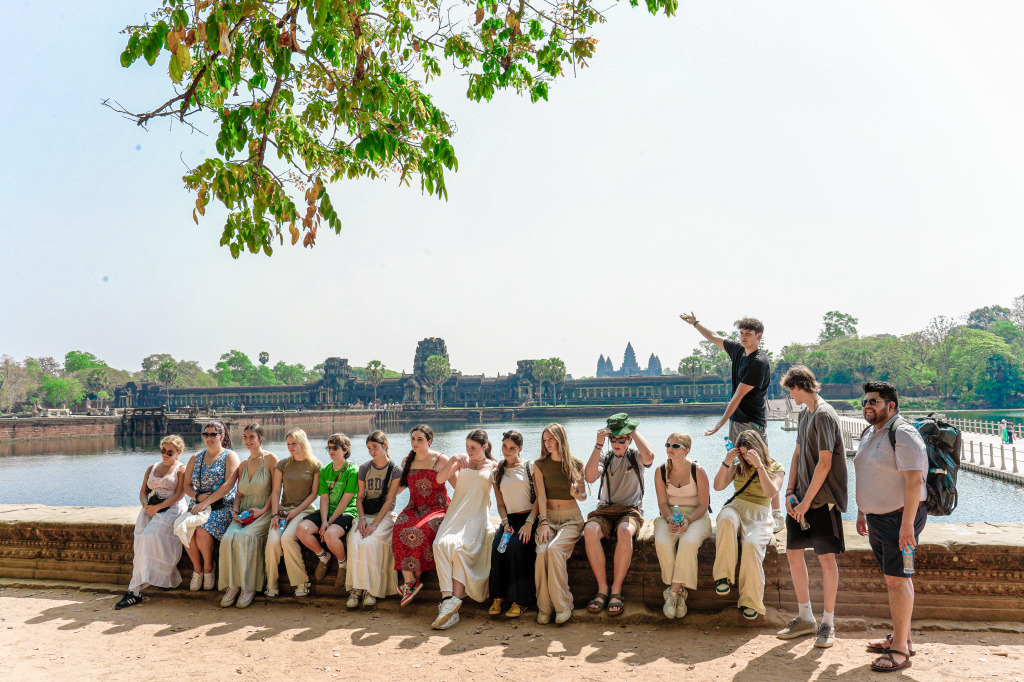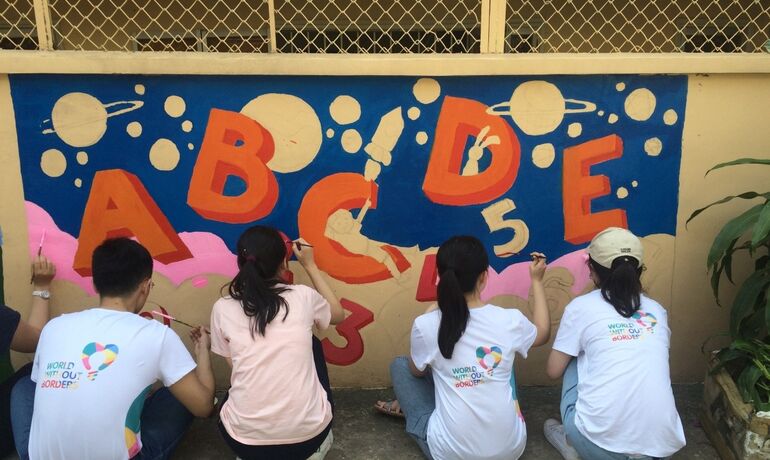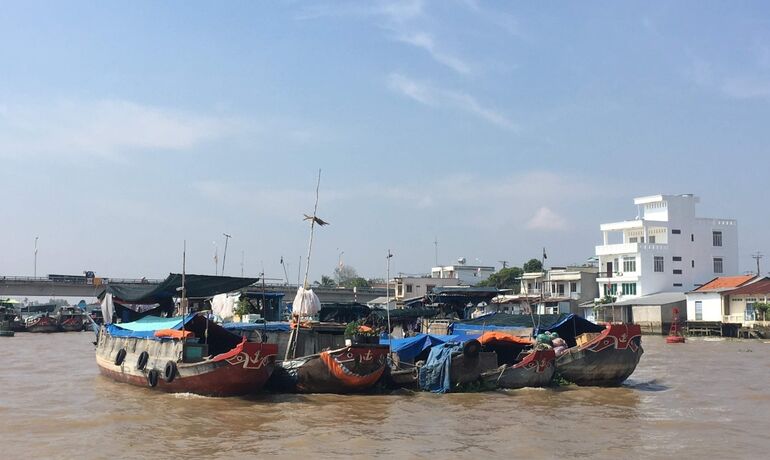Within the domain of experiential education, study tours stand out as potent tools for enriching academic learning. However, when it comes to choosing between domestic and international study trips, does one hold a superior edge in terms of educational value? Exploring into a qualitative analysis of study tour reflections, particularly focusing on participants from both China and New York, sheds light on this intriguing question.
Exploring Real-World Application
One of the core themes that emerged from the analysis was the emphasis on real-world application. Participants, regardless of their location, expressed immense enthusiasm for engaging with industry professionals. Yet, the international study tour, especially in China, provided a unique opportunity to interact with globally renowned figures in the fashion industry. This exposure not only deepened their understanding but also broadened their perspectives on the professional landscape.
Integration of Course Concepts
The integration of classroom concepts into practical scenarios emerged as another significant aspect. Both domestic and international study tours offered participants hands-on experiences, enabling them to connect theoretical knowledge with real-world challenges. However, the international setting, particularly in China, provided a more immersive environment for understanding the intricacies of design and production processes, thereby enhancing the depth of learning.
Cultural Immersion
Undoubtedly, one of the most profound aspects of study tours is cultural immersion. While both domestic and international trips offered opportunities to explore new cultures, the foreign study tour, notably in China, provided a richer tapestry of experiences. Participants not only encountered different languages, customs, and cuisines but also delved into the historical and architectural marvels of a foreign land. This immersive cultural exposure fostered a deeper appreciation for global diversity and design expression.
Peer Interaction and Personal Growth
Peer interaction and personal growth are integral components of any educational journey. Interestingly, while peer bonds were significant for both domestic and international study tour participants, the cohesion observed among those on the foreign trip was notably stronger. The shared experiences of navigating a foreign culture and language barriers forged deeper connections among participants, fostering a sense of camaraderie and mutual growth.
Conclusion
In conclusion, while both domestic and international study tours offer valuable educational experiences, the latter often holds a superior edge in terms of depth and richness. The immersive nature of foreign study trips, coupled with exposure to global industries and cultures, provides participants with a transformative learning journey. As educators and institutions strive to enhance experiential learning opportunities, prioritizing international study tours emerges as a compelling avenue for fostering global perspectives and enriching academic outcomes.
This article is an extract of the study of International Journal of Teaching and Learning in Higher Education. The full article can be found here.
Scivi Travel is an educational travel company based in Vietnam. Understand more about us and our programs at this website.





